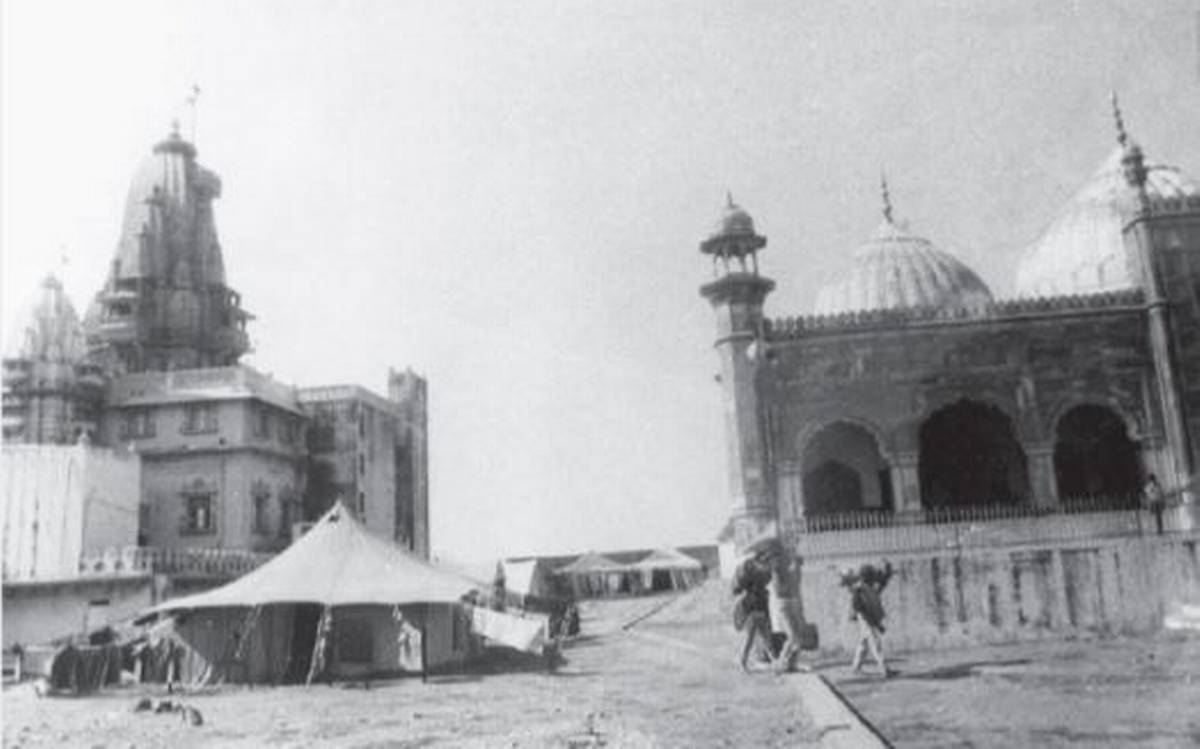Places of Worship Act, 1991
2021 MAR 22
Mains >
Society > Communalism > Communalism

WHY IN NEWS:
- The Supreme Court on 12th March 2021 asked the government to respond to a plea challenging the places of worship act, 1991, which freezes the status of places of worship as it was on August 15, 1947.
SIGNIFICANCE OF THE ACT:
- Purpose:
- The aim of the Act was to freeze the status of any place of worship as it existed on August 15, 1947.
- Section 3 of the Act bans the conversion of a place of worship or even a section of it into a place of worship of a different religious denomination or of a different segment of the same religious denomination.
- Obligation upon state:
- The Act also imposes a positive obligation on the State to maintain the religious character of every place of worship as it existed at the time of Independence.
- This legislative obligation on the State to preserve and protect the equality of all faiths is an essential secular feature and one of the basic features of the Indian Constitution.
- Penalty:
- Section 6 of the Act prescribes a punishment of maximum three years imprisonment along with a fine for contravening the provisions of the Act.
- To prevent communal conflicts:
- The legislation would help the preservation of communal harmony in the long run.
- Radical elements often spoke of reclaiming religious places >> This law arms the state with power to restrict such attempts
- Reduce burden on Judiciary:
- It declares that all proceedings regarding converting the character of a place of worship, which are pending before any court or authority on August 15, 1947, will abate as soon as the law comes into force. No further legal proceedings can be instituted.
EXEMPTION:
- The disputed site at Ayodhya is exempted from the Act. Due to this exemption, the trial in the Ayodhya case proceeded even after the enforcement of this law.
- The Act also does not apply to any place of worship which is an ancient and historical monument or an archaeological site covered by the Ancient Monuments and Archaeological Sites and Remains Act, 1958.
ARGUMENTS AGAINST THE ACT:
- The law bars people from rectifying historical wrongs:
- The law bars Hindus, Jains, Buddhists, and Sikhs from approaching courts to “re-claim” their places of worship which were “encroached” by “invaders”
- Against the principles of secularism:
- Sections of the Act that dealt with the bar on legal claims were against the principles of secularism.
- Arbitrary cut-off date:
- One of the criticisms against the law is that the cut-off is the date of Independence, which means that status quo determined by a colonial power is considered final.
- Violates fundamental rights:
- The Act offend right to pray, practice and propagate religion (Article 25), right to manage maintain administer places of worship-pilgrimage (Article 26), right to conserve culture (Article 29)
- Outside the Union’s legislative power:
- Some argue that Parliament does not have legislative competence to enact the law as it pertained to places of pilgrimages or burial grounds, which were under the State List.
PRACTICE QUESTION:
Q. Discuss the relevance of places of worship act, 1991 in preserving the constitutional value of secularism?
